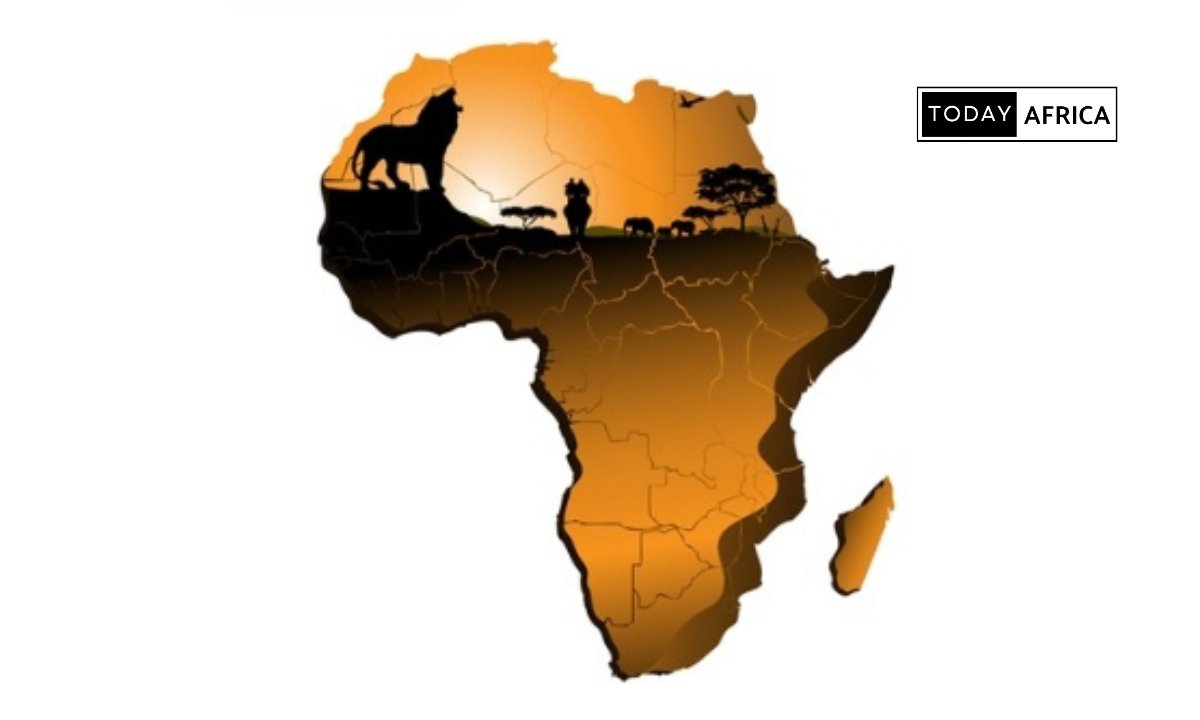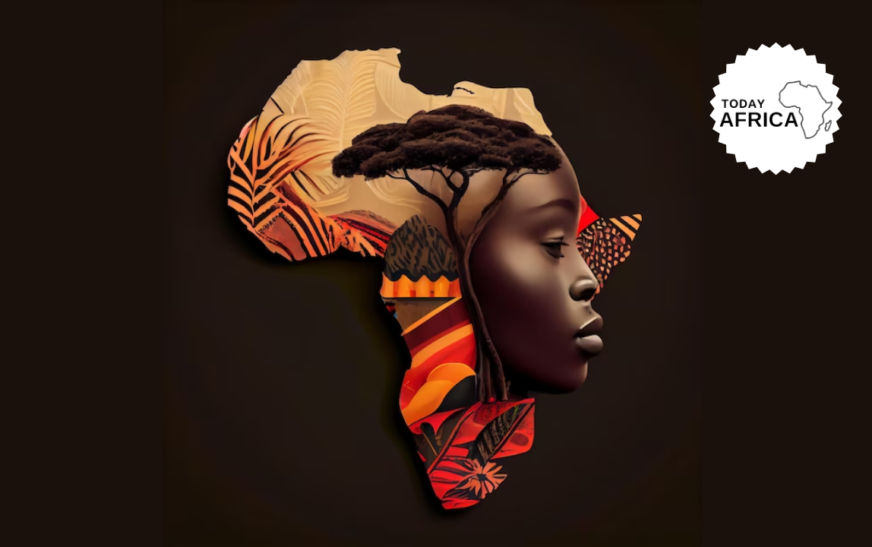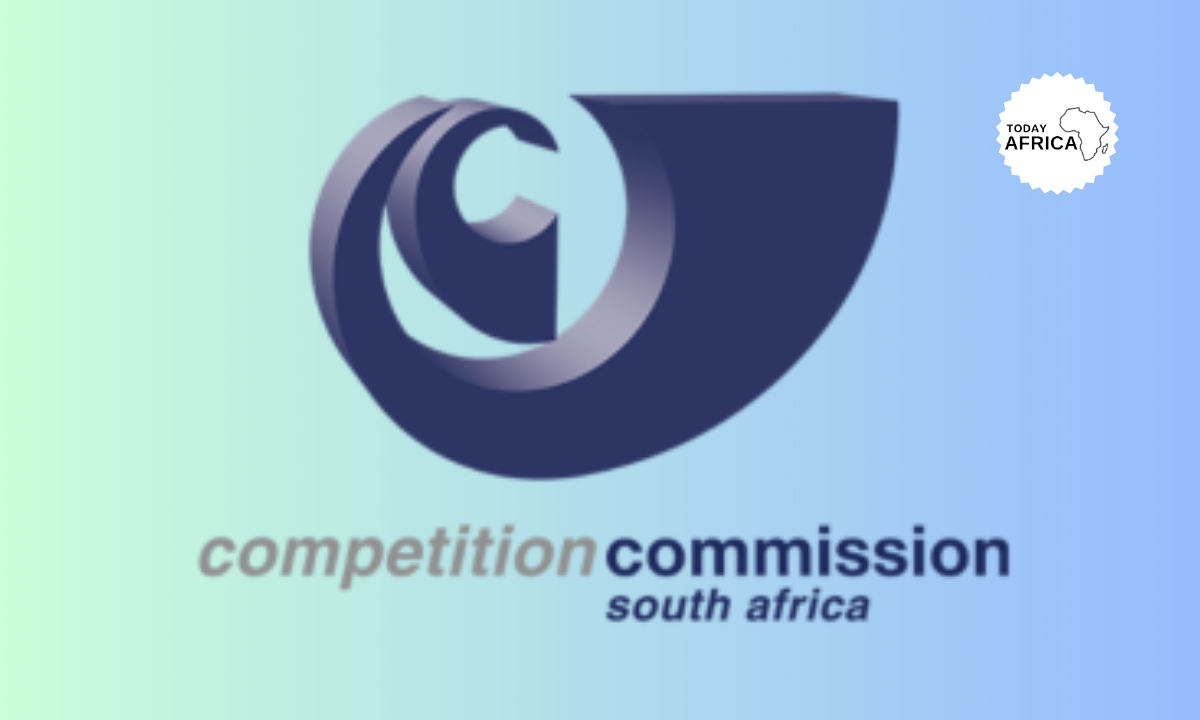In recent years, internet access in Nigeria has improved significantly – for example, broadband penetration rose from 29.7% in 2019 to 45.61% in 2025 according to Statista – making online education more viable.
Thanks to mobile networks, smartphone adoption, and lower data costs, even remote learners can stream video lectures or download content. Online courses offer flexibility for working adults, covering business, technology, creative, and professional skills.
This article compares the most popular platforms—Coursera, edX, Udemy, LinkedIn Learning—as well as Africa-centric options like ALX and Nexford University.
Why Online Learning Matters for Nigerian Professionals
Flexibility
Online platforms let busy professionals learn on their own schedule (evenings or weekends). Courses are often self-paced or have flexible deadlines.
Wide course selection
Thousands of courses are available in fields like IT, business, data science, and entrepreneurship. For example, Coursera alone offers “more than 10,000 courses, Professional Certificates, and degrees from world-class universities and companies”. Udemy’s marketplace features over 250,000 courses and 77 million students worldwide, covering nearly any topic imaginable.
Affordability
Many courses can be audited for free (you only pay if you want a certificate). Platforms like ALX even charge only a small subscription fee (discussed below), and free resources like Khan Academy provide solid foundational skills. Bulk subscription plans (e.g. Coursera Plus or LinkedIn Premium) offer unlimited access for a monthly fee, which can be cost-effective for heavy users.
Recognized credentials
Top universities and companies partner with platforms like Coursera and edX. Earning a verified certificate or degree from these sites carries weight with employers. (By contrast, courses on a marketplace like Udemy offer certificates of completion but are not formally accredited.)
Accessibility
Modern e-learning platforms all offer mobile apps and offline downloads. This is crucial in Africa: Coursera and LinkedIn Learning allow offline access on their mobile apps, and Udemy’s app supports downloading entire courses for offline viewing. As connectivity improves (with faster broadband speeds and cheaper data), learning by video, even on a smartphone, has become practical for many Africans.
Key Considerations for Nigerians
Internet and device requirements
Most courses rely on video lectures, so they need a decent internet connection or offline capability. All major platforms have mobile apps that let you download videos for offline use. Low-bandwidth options (such as audio-only or lower video quality) are sometimes available. Ensure your device (smartphone, tablet, or computer) can run the learning app or website comfortably.
Cost and payment
Africa is diverse in income levels and currencies. Look for platforms with flexible pricing or local payment options. For instance, ALX Africa charges only a $5/month all-access fee and even accepts mobile money and local currency.
Nexford University adjusts tuition by country (many African countries fall in its low-cost “Group 4” tier; e.g. an MBA is ~$275/month). In contrast, Udemy sells courses individually (often on sale for $10–$20), and Coursera/edX charge per certificate or degree (often $49–$99 per course certification).
Scholarships or employer partnerships can also offset costs on some platforms.
Certification and recognition
If you need certificates or credits, global platforms typically offer formal credentials. Coursera and edX issue verified certificates (some even count toward university credit) or full degrees through partner institutions.
Udemy and LinkedIn Learning issue completion certificates, which are useful on a resume but not academically accredited. Local employers may value certificates from well-known universities or companies.
Nexford’s degrees are accredited by a US body, lending international recognition.
Mobile accessibility
Since many Africans learn on mobile devices, an easy-to-use mobile app is key. All the top platforms below have apps for iOS/Android and support offline downloads. ALX’s content is also designed to stream well on lower-end devices and can even work (to some extent) on simple smartphones or in internet cafés.
Language and support
English dominates online courses, though some platforms offer French, Arabic, Swahili or other language options. Coursera and edX often have subtitles in multiple languages for popular courses.
Regional support (like local forums or tutors) is stronger on Africa-focused platforms like ALX. Consider your language skills and look for subtitle or localization options on the platform you choose.

Local relevance
Some courses or examples might be global by default. Platforms like ALX and Nexford tailor content for African contexts (e.g. addressing local job markets or entrepreneurial challenges). If you prefer learning with African peers or instructors, check for regional cohorts or platforms.
With these criteria in mind, let’s compare the top platforms.
Read Also: Top 11 Online Learning Platforms for African Professionals
Online Learning Platforms in Nigeria
1. Coursera
Coursera partners with 200+ universities and companies (MIT, Google, etc.) to offer thousands of courses, specializations, and full degrees.
You can audit most courses for free, paying only if you want a verified certificate (usually $30–$99 per course). Coursera also offers multi-course Specializations, Professional Certificates, and even bachelor’s or master’s degree programs (these cost hundreds to thousands of dollars).
- Courses & topics: Strong in academic and professional fields: data science, computer science, business, health, humanities, and more. Courses range from beginner to advanced.
- Certification: Verified certificates from top universities (e.g., “University of London Certificate in …”). Many courses offer credits or university credit equivalency. As one analysis notes, Coursera is “accredited by many different organizations” and offers certificates that employers respect.
- Pros: High-quality content; globally recognized credentials; mobile app with offline downloads; often updated. Coursera is actively expanding in Africa – e.g., partnering with the African Leadership University to “make education accessible continent-wide”.
- Cons: Certificate/degree costs can be high for budget learners. Requires reliable internet for video lectures (though you can download). Most courses are in English (though many have subtitles).
- Cost: Free to audit; certificate cost ~ $50–$100 each. Coursera Plus subscription (~$400/year) gives unlimited certificates for 10,000+ courses. Degrees cost more (e.g., $15k–$20k total for a master’s).
- Accessibility: Apps (iOS/Android) allow offline lectures, quizzes, notes. Works on mobile browsers too.
Coursera is excellent for formal learning and career advancement. If your goal is an accredited qualification or to learn a university-level subject, Coursera is a top choice. It is especially good for international degrees and certificates, data science, IT, and business courses.
2. edX
Founded by Harvard and MIT, edX offers thousands of university-level courses and programs from schools worldwide (including African institutions in some cases).
Like Coursera, most edX courses can be audited for free, with an optional paid Verified Certificate (typically $50–$150) upon completion.
edX also offers MicroMasters (a series of graduate-level courses) and even full online Master’s degrees (e.g., a Georgia Tech MS in CS for ~$9,000/year).
- Courses & topics: Wide range of subjects: computer science, engineering, business, data analysis, social sciences, language, etc.
- Certification: Verified certificates and MicroMasters badges. Some courses can be credited at partner universities (e.g., credits available via partnerships like Charter Oak State College). Full degree programs grant accredited degrees.
- Pros: High academic quality, often free auditing, strong STEM and professional courses. Good for micro-credentials. Mobile app allows video downloads for offline use (via edX iOS/Android app).
- Cons: Similar to Coursera, certificate costs add up if you want many. Online degrees are expensive. Less emphasis on soft skills or creative topics. Interface is straightforward but less gamified than others.
- Cost: Free audit; Verified Cert ~$50–$150; MicroMasters ~$500–$1,500; degrees ~$10k–$30k total.
- Accessibility: Official edX apps for mobile offline viewing (videos can be downloaded). Transcripts/subtitles in several languages on some courses.
edX suits learners who want rigorous university-style courses, especially in tech, data, and professional fields. Many African students use edX to earn credentials from Western universities without leaving home. It’s a good fit if you seek academic credit or specialized programs (like MicroMasters) tailored to your career field.
3. Udemy
Udemy is a huge marketplace of individual instructors, offering over 250,000 courses on every subject from programming to photography to leadership.
Its model is quite different: you purchase individual courses (often on sale for $10–$20), rather than a subscription. Udemy regularly discounts courses, making learning very affordable for many topics.
- Courses & topics: Extremely broad and vocational. Popular areas include software development, IT certifications, digital marketing, design, and personal development. Languages vary (primarily English, but many courses in French, Arabic, etc.).
- Certification: Udemy provides a certificate of completion after you finish a course. These certificates are not academically accredited – they’re essentially proof you watched the content. Employers may appreciate the initiative, but they carry less weight than university-backed certs.
- Pros: Huge selection at low cost; you buy once and own the life course; often updated by instructors. You can learn niche skills (e.g., using specific software tools). Mobile app allows you to download entire courses for offline use, which is great where connectivity is uneven. Frequent sales mean you can get courses for pocket change.
- Cons: Quality varies (some courses are top-notch, others mediocre). No formal accreditation. Learning paths can be unstructured since courses are independent.
- Cost: Pay-per-course (typical sale prices $10–$20; no subscription). Some free courses are available.
- Accessibility: Apps for mobile/tablet with offline video. Available worldwide.
Udemy is ideal for African professionals seeking quick, practical skills (e.g. coding bootcamp topics, Microsoft Office, soft skills) without needing a formal credential.
Its low price and offline access make it accessible to many. Just be sure to check ratings and reviews – high-star courses from credible instructors are usually the most worthwhile.
4. LinkedIn Learning
LinkedIn Learning (formerly Lynda.com) offers over 22,000 expert-led courses focused on business, technology, and creative skills. It is best known as a professional training platform rather than an academic one.
- Courses & topics: Business, tech, creative (graphic design, photography, etc.), and personal development. Many courses are short (often under 2 hours) and taught by industry pros. Content is regularly updated.
- Certification: Upon completion, you get a LinkedIn Learning certificate (which can be added to your LinkedIn profile). These are not the same as university credits, but they demonstrate upskilling on your resume.
- Pros: High production quality; closely integrated with your LinkedIn profile and job market data (course recommendations can target your career path). The breadth covers trending skills like cloud computing, data analytics, project management. The platform is user-friendly and professional. Offline video downloads are supported on mobile.
- Cons: Access requires a subscription ( ~$20/month if billed annually). It may be considered expensive if you only need one or two courses. No free audit.
- Cost: ~$20/month (annual plan) or ~$40/month monthly. First month often free. LinkedIn Premium (Career) includes it, or companies/universities may provide access.
- Accessibility: iOS/Android app with offline viewing. Works globally.
LinkedIn Learning is a strong choice if you want continuous, bite-sized learning and you’re okay with a subscription. For African professionals, it’s useful for keeping up with business and tech trends.
Many learn through their employer’s LinkedIn Learning license (if available). Its strengths are convenience and reputation (the LinkedIn brand) rather than certified credentials.
Read Also: The Role of Women in Green Energy in Africa This Year
African & Regional Online Learning Platforms in Nigeria
1. ALX (ALX Africa)
ALX is a pan-African training initiative (part of the African Leadership Group) offering career programs in tech, data, and business. Its mission is to make high-quality education affordable and accessible across Africa.
- Programs: ALX provides professional tracks like Software Engineering, Data Science, Artificial Intelligence, and also leadership and entrepreneurship courses. These are intensive, project-based programs spanning months. Content is delivered online, and learners often collaborate in cohorts.
- Pricing: ALX charges a flat $5/month “All Access” subscription to join the entire ALX ecosystem. In practice, many learners access ALX for free because scholarships (e.g. MasterCard Foundation) or employer sponsorship cover the cost of each program. The $5 covers platform access and certification fees. In effect, you pay just $5/month for curricula that might otherwise cost thousands.
- Certification: Completing an ALX program earns you an ALX certificate, and often a pathway to globally recognized certification exams (for example, ALX partners with AWS, Microsoft Azure, etc., offering exam discounts). While ALX itself is not a university, many employers in Africa view ALX grads favorably.
- Accessibility: Designed for African contexts – the site supports mobile money and local payment options (e.g. M-Pesa, Orange Money).The platform is web-based and works on smartphones, though a computer is recommended for coding/programming courses. The content is in English.
- Pros: Extremely affordable; career-focused curriculum; strong community/support (mentors, Slack channel, etc.); projects mimic real jobs. Free emphasis attracts motivated learners.
- Cons: Selective admission; English-only; requires dedication (many programs are rigorous). Limited course variety outside tech and leadership. No degree offered.
- Cost: $5/month (or free via scholarship).
- Suitability: Excellent for tech and professional skills (software dev, data) at minimal cost. Ideal for career changers or jobseekers wanting job-market-ready skills. Not suitable if you need an accredited degree, but great for practical upskilling and entrepreneurship (they also have creative and freelancing tracks).
2. Nexford University
Nexford University is a US-accredited online university explicitly targeting emerging markets, especially African and Asian countries. It offers degrees and certificates in business, tech management, entrepreneurship, and sustainability.
- Programs: Nexford’s flagship is an online MBA (with various specializations like AI, Fintech, International Business) and a BBA (undergrad) degree. They also have an MS in Data Analytics, MS in Digital Transformation, etc. The curriculum is career-oriented, developed in partnership with industry.
- Tuition model: Instead of paying per semester or per credit, Nexford uses flat monthly tuition. Crucially, tuition is adjusted by country. Many African countries fall into the lowest-cost tier (“Group 4”). For example, an MBA costs about $275/month (capped at ~$4,950 total) in African countries. A BBA is ~$160/month ($7,680 cap) in the same tier. These rates are far lower than typical US or European online degrees.
- Certification: Degrees are accredited by the Distance Education Accrediting Commission (DEAC), which is recognized by the U.S. Department of Education. So graduates earn a legitimate American bachelor’s or master’s degree. Nexford also offers certificate courses (e.g. in Sales, Operations).
- Pros: US accreditation; very flexible (start any month, pause anytime); built for working adults (just one course per month to keep tuition low, or faster pace if you want). Transparent pricing (“No loans, no long-term contract”. Strong employer-aligned curriculum and career services.
- Cons: It’s a full-degree commitment (no single short courses); you must maintain the monthly fee until completion; all courses in English.
- Cost: Group 4 monthly tuition $160–$280/mo (depending on program). No hidden fees; total cost is capped.
- Accessibility: Entirely online platform (desktop/mobile-friendly). They support local payment methods and credit/debit card. Admission requirements are modest (often just proof of prior education or certain English proficiency).
Other African or Regional Options
Beyond ALX and Nexford, there are a few notable platforms and programs worth mentioning:
- Unicaf University (online): An African online university partner offering US/UK-accredited degrees with large scholarship programs. Costs can be high without scholarship, but many Africans get partial scholarships to attend virtually. It offers programs similar to a traditional university (BAs, MBAs, etc.).
- Khan Academy: A completely free resource with lessons in math, science, economics and more. While not geared toward professionals or certificates, it’s great for strengthening fundamentals (e.g. math or computer science basics) before tackling advanced courses.
- Google Career Certificates & Digital Skills: Google and other tech companies offer free/low-cost certificate courses (e.g. IT Support, Data Analytics, Digital Marketing). These do not grant a university degree, but are recognized by employers. Google’s “Grow with Google” programs are often promoted in Africa.
- FutureLearn & MOOCs: FutureLearn (a UK MOOC platform) and others occasionally offer Africa-focused courses (e.g. on development or health). However, their presence is smaller compared to the above giants.
- Universities & Local Platforms: Some African universities have e-learning campuses or partnerships (e.g. University of Pretoria’s online hub, African Virtual University). These can be options if you prefer a local accreditation.
The best choice depends on your goals:
- Career advancement: For broad skill-building and recognized certifications, Coursera, edX, and LinkedIn Learning are top picks. ALX is great for tech careers; Nexford or Unicaf for management degrees.
- Entrepreneurship: Udemy has many entrepreneurial and marketing courses at low cost. ALX and Nexford cover entrepreneurship topics in structured programs. Google and Coursera also have startup/small business courses.
- Academic degrees: Nexford, Coursera (via degree programs), and edX (via MicroMasters/degrees) can lead to formal qualifications.
Read Also: Top 15 Biggest Tech Companies in Nigeria This Year
Platforms’ Key Features, Pricing, and Suitability
We highlighted each platform’s key features, pricing (free vs. paid), and suitability for African learners (mobile access, affordability, certificate recognition).

This comparison table summarized costs, course types, and certificates to help you choose the best platform for your goals, whether it’s career advancement, entrepreneurship, or earning a degree.
| Platform | Cost | Course Types | Certification | Accessibility for Africans |
|---|---|---|---|---|
| Coursera | Audit free; certs $49–$99/course; Coursera Plus subscription ($399/yr) | University-style courses, Specializations, Professional Certs, Degrees | Verified certificates (university-backed) & accredited degrees | Mobile app (offline download); multi-language subtitles; global |
| edX | Audit free; certs ~$50–$150; MicroMasters/masters for $$ | University courses, MicroMasters, Professional Certs, Degrees | Verified certificates (some transfer credit); accredited degrees | Mobile app (offline video); multi-language support; global |
| Udemy | Pay-per-course (often $10–$20 sale price); some free courses | Vocational/professional courses (tech, business, design, etc) | Certificate of completion (non-accredited) | Mobile app (offline download); many languages; global market |
| LinkedIn Learning | Subscription (~$19.99/mo with annual billing) | Short professional courses (tech, business, creative) | LinkedIn certificates (for your profile) | Mobile app (offline video); tied to LinkedIn; corporate licenses |
| ALX (Africa) | $5/month (All-Access)(often free via scholarship) | Career programs in tech, data, AI, leadership | Program certificates; industry cert discounts (AWS, etc) | Mobile-friendly web platform; accepts mobile money/payments; English |
| Nexford University | Monthly tuition ($160–$280) based on location | Online degrees (BBA, MBA, MS) built for industry | US-accredited degrees (DEAC) | Fully online; supports local payments; mobile-friendly; global students |
| Khan Academy | Free | K–12 academic topics (math, science, finance) | None (practice only) | Free globally; app with offline mode; multi-language |
(Note: All platforms require an internet connection for browsing and initial downloads. “Offline” refers to ability to download videos on a mobile app. “Certification” indicates credentials upon course completion. Cost examples are in USD.)
Recommendations for Different Goals
Career advancement
For general professional skills (management, IT, design), use Coursera or edX for depth, plus Udemy/LinkedIn Learning for targeted skills.
If you need a formal credential, consider Coursera/edX certificates or a Nexford degree. ALX programs are ideal for breaking into tech fields (e.g. software, data).
Entrepreneurship/small business
Udemy has many courses on entrepreneurship, marketing, and finance. Coursera and LinkedIn offer startup/business fundamentals from universities. ALX offers leadership and freelancing tracks. Free Google or African entrepreneurship courses (e.g., from universities) can supplement learning on a budget.
Academic qualifications
If you want an actual degree, platforms like Nexford University or Coursera’s degree programs (often much cheaper than local private universities) are options.
For building credentials, MicroMasters on edX or Specializations on Coursera can later be stacked into a degree. Unicaf University (online African institution) and similar programs can also be explored, especially with scholarship support.
Conclusion
African professionals today have many excellent online learning choices. Global platforms like Coursera and edX bring world-class education (with certificates from Ivy League schools), while marketplaces like Udemy offer budget-friendly skills training.
African-oriented platforms like ALX and Nexford provide tailored, affordable paths to tech jobs and degrees. Consider your goals, budget, and learning style: whether you need a formal qualification or just new skills, there’s a platform for you.
With mobile apps, offline options, and improving internet access, mastering new skills online has never been more feasible for learners across Africa.
Leave a comment below and follow us for more updates:
- Facebook: Today Africa
- Instagram: Today Africa
- Twitter: Today Africa
- LinkedIn: Today Africa
- YouTube: Today Africa Studio
















